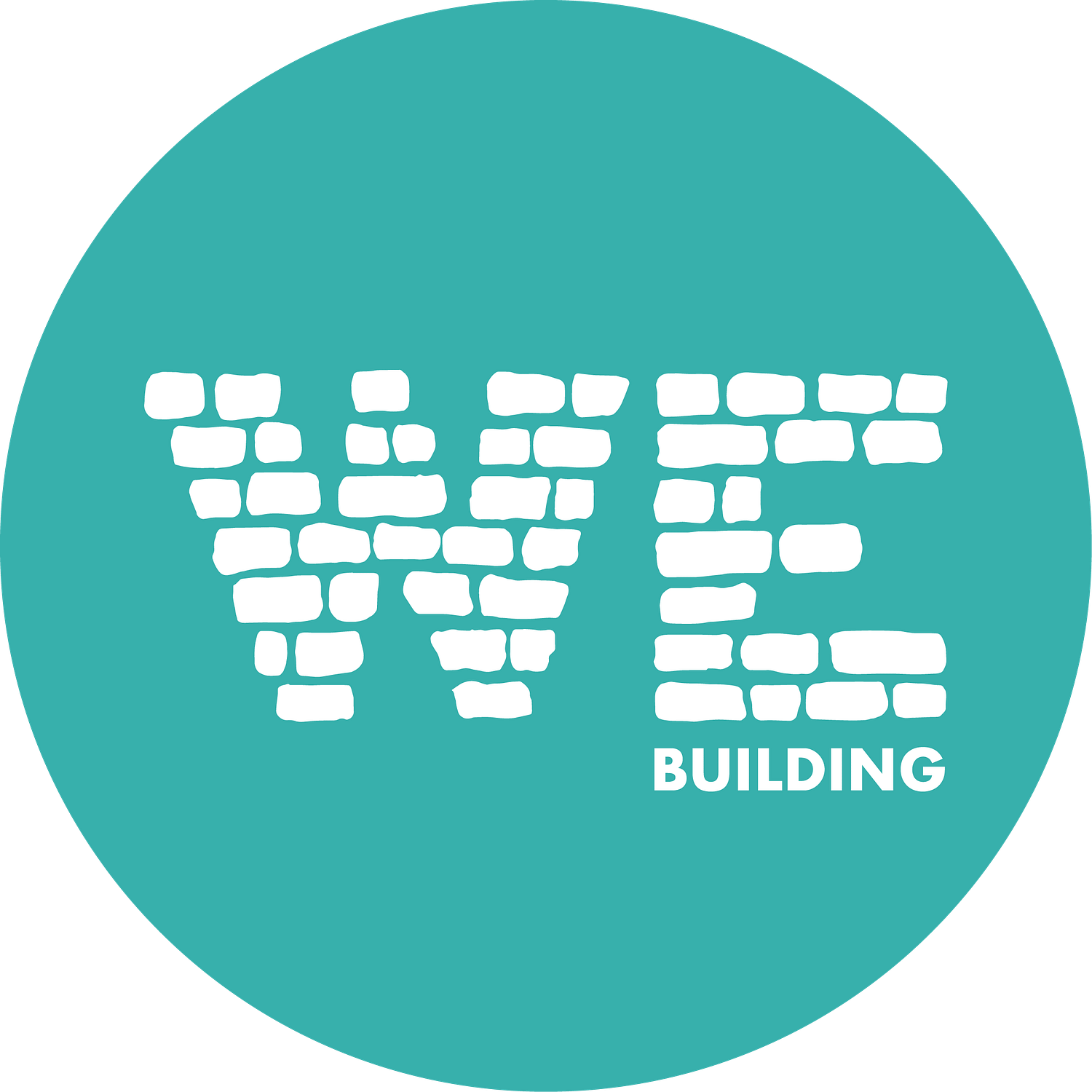More than just a school – An interview with Mariana Fischer from Hai Africa | WEtalking+
Reading time: 3 min.
“From Brazil to Africa”, Welcome to our WEtalking+ interview series, where we meet Mariana Fisher, a committed humanitarian whose non-profit organization, Hai Africa has transformed the lives of 90 children in Kenya.

While bringing true change to the local communities, we at WEbuilding also would like to highlight similar works by other organizations close to us, thereby building a wider ecosystem of like-minded organizations to help build a better world.
“On April 1st, 2015, I arrived in Nairobi believing it is just another trip, and Uganda is my next destination. And as you might imagine, I never made it to Uganda” recalls Mariana Fischer, who is now heading Hai Africa, a non-profit organization aimed at providing high-quality education to underprivileged children in Kenya.
Mariana is originally from São Paulo, Brazil, where she studied advertising and education. In 2015, she went to Kenya to do volunteering work and ended up starting an organization called Hai Africa.
She has spent the past 6 years building an organization capable of providing free education and food to kids in the Kabiria community, in Nairobi, Kenya. Mariana passionately believes that education can change the world and hence so far she has raised money to bring food and education to more than 100 families.

Mariana primarily resides in Brazil where she raises funds and often travels to Kenya to oversee Hai Africa’s activities. “On May 4th, 2015, I took the $4,000 that I raised through a crowdfunding campaign to help social projects and used it to rent a small house, hire a teacher, and open Hai Africa’s doors to provide meals and creative activities for 13 children in the community”, Mariana recalls, while we asked about her early days with the organization.
“We are more than just a school,” Mariana says. In their center, Hai Africa supports 15 women who act as the caretakers of the children. With Hai Africa’s support, these women have also become artisans and now they play an essential role in providing livelihood for their families. Fondly the center is called “Mamas Company”, signifying the roles of the mothers who play dual roles in taking care of the children and their families.
According to Mariana, Hai Africa is committed to providing a sustainable community-focused solution. “ We don’t just look at one piece of the poverty puzzle. Instead, we address the challenge from different sides by providing education, nutrition, healthcare, and economic opportunities”, says Mariana when we asked about the sustainability of her projects.
“Hai Africa’s main goal is to offer a space where kids would receive an education based on the Waldorf values. i.e, An education full of love, freedom, and independence” says Mariana. Hai Africa aims to measure the impact of her organization over three pillars: education, emotional development, and health. Their tools for impact measurement include surveys on BMI, Waldorf principles on grading and physical observation from the teachers. They aim to implement it once the children are back from COVID lockdown.

When asked about the challenges she faces in running this organization, she says “ Our biggest challenges are working in a culturally different country and maintaining all the fundraising money in REAL (Brazilian currency)”, and that she aims to bring Hai Africa to Brazil someday in future.
Since Mariana’s organization is aimed at uplifting the community in a sustainable way, she says “social impact and sustainability happen when you care about the effect and impact you cause in people’s lives”. She also insists that one should always question their choices and connect their lives to nature for sustainability.
When we asked her for a tip for our readers, Mariana said that one should think about the impact that they are causing on society. Mariana insists on putting oneself in someone else’s shoes and starting doing one’s part to change the world.
For more information on Mariana and Hai Africa, please refer to her social media and show her your support:
Website | Instagram | LinkedIn | Facebook
*WEtalking+ is a new series of posts telling the unheard stories of inspiring changemakers around the world. Their projects are contributing to creating a better world through sustainable social and environmental initiatives, linked to construction and architecture practices. ♻️
P.S. This post was created in collaboration with Santhosh Kumar a volunteer from Delivery Hero during their Hero Month, thank you!
Author: Santhosh Kumar & Fulvia De Grazia






